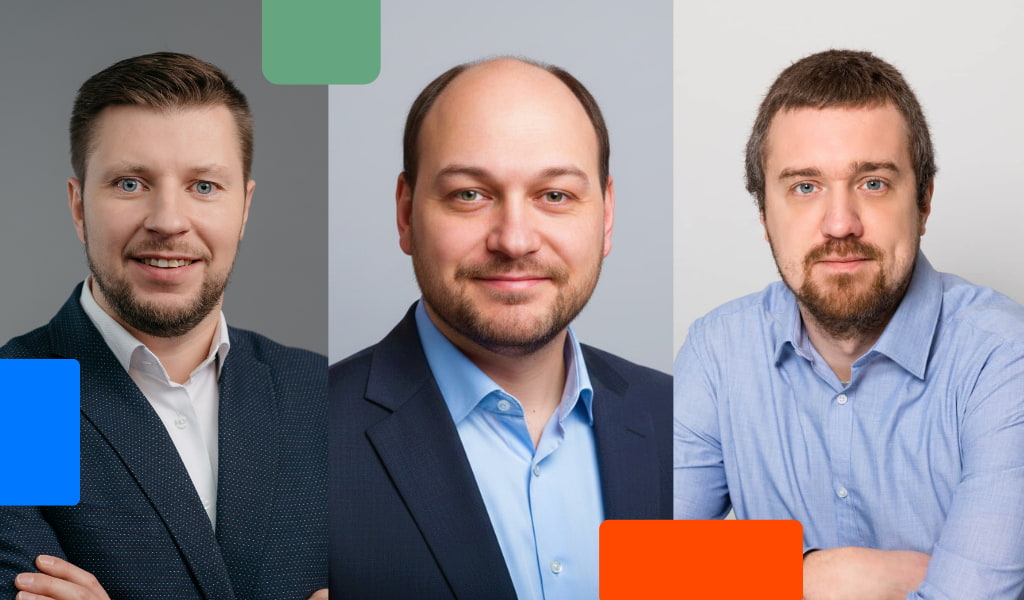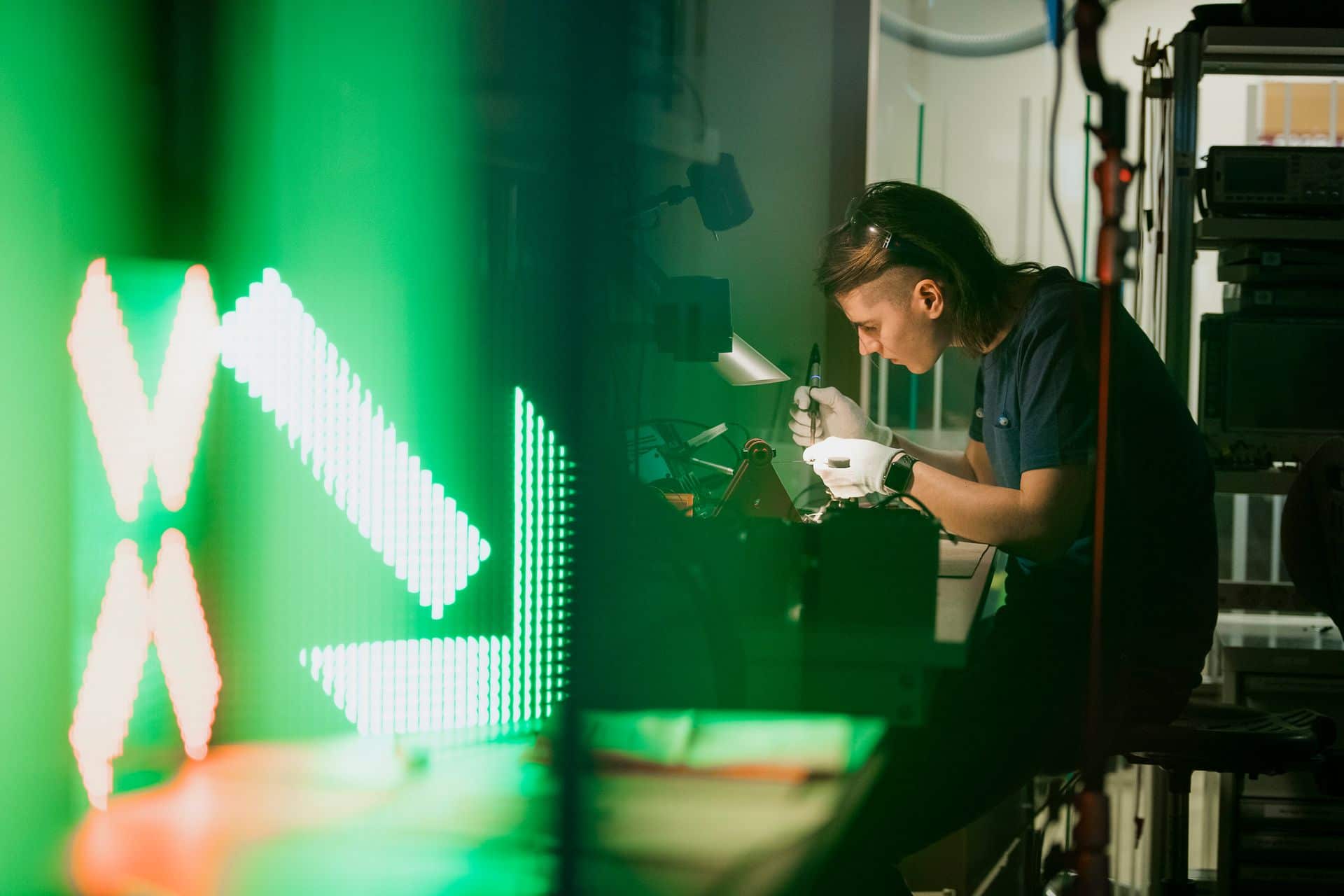8 tips on applying for estonian and EU startup company grants
A wide range of startup company grants are available for entrepreneurs with Estonian companies, from national innovation support to EU funding programmes.
Examples of meaningful business connections include:
2. Clearly define your market and value
Concise, structured applications with realistic metrics often stand out more than lengthy, generic ones.
In short, applications that combine innovation, feasibility, and measurable market potential stand out the most.
6. Ensure financial readiness
A sustainable funding plan that balances grant support with business income shows maturity and reliability.
8. Think beyond startup company grants
Key takeaway
More from e-Residency
- Sign up for our newsletter
- Watch fresh video content - subscribe to our Youtube channel
- Meet our team and e-residents - register for our next Live Q&A

